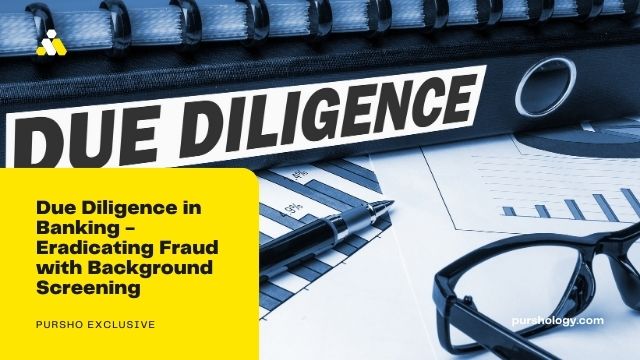The business environment of today requires companies not only to make profits but also to know with whom they are working. This entails authenticating the identity of customers and adhering to KYC regulations. Financial institutions face the risk of costly lawsuits and regulatory fines when they enter into new commercial partnerships with people or organizations without fully understanding their previous and current business dealings. Business owners also need to check if the customer’s personal information has been falsified and analyze the customer’s risk level using various checks if they want to ensure a safe onboarding process.
What does Customer Due Diligence (CDD) mean?
Customer Due Diligence in banking is a set of protocols that are used for gathering and verifying customers’ data during onboarding. This includes residential addresses, names, and other personal information.
Companies must perform CDD on their customers before establishing a business partnership. For instance, before allowing a customer to open an account and make a deposit, a bank or trading platform is required to look up the person’s passport to check the authenticity of the customer.
Why is CDD Essential for Businesses?
Businesses without a Customer Due Diligence checklist are vulnerable to deception as well as facing significant penalties for not complying with Anti-Money Laundering (AML) regulations. For example, Cyprus has previously failed to comply with Anti-Money Laundering (AML) regulations and cost businesses a million euros.
Customer Due Diligence in Banking
Nearly every day, financial institutions and the banking sector around the world exchange billions of dollars. In order to avoid unintentionally helping its customers in illicit actions before registering and monitoring them, this industry must maintain its leading position.
Significance of Customer Due Diligence in Banking
There are plenty of reasons why the banking sector performs CDD and saves time and effort to know their customers;
- CDD ensures the institutions are compliant with the laws and regulations of the state or market where they are performing their operations.
- It helps to ensure the customers/clients are truly what they said they are
- To protect against criminal activities, such as identity theft or imitation
- This is because the financial industry and banking sector can help law enforcement institutions
Enhanced Due Diligence in Banking Sector
EDD is a KYC procedure that involves a more thorough investigation of prospective business partners and identifies risks that customer due diligence in banking is unable to reveal (CDD). EDD, which is utilized for a higher level of identification by validating customers’ identities and addresses and analyzing customers’ risk levels to categorize them, EDD is far better than customer due diligence.
Financial organizations face high risks when dealing with high-risk customers or a large flow of transactions. When Financial Institutions implement enhanced Due Diligence, they will be able to deal with such customers and a huge amount of transactions.
Here are some factors that make a difference between KYC general regulations and EDD:
- Detailed Documentation: The entire EDD process is well documented in detail, and regulators have direct access to these reports on an urgent basis.
- Thorough and Robust: EDD policies are “Thorough and Robust,” providing information that is more real and in-depth.
Benefits of Enhanced Due Diligence in Banking
Here are a few benefits listed for the financial and banking sector, apart from avoiding fines and regulatory inspection:
Discourage Financial Frauds
In order to prevent money laundering, businesses need to know their customers, verify their identities, ensure that they are who they claim to be, assess their level of risk, and ensure that they are not listed on any sanctions lists or blacklists.
Increase in Business Reputation
Enhancing your due diligence on customers will prevent your organization from receiving illicit funds such as money laundering, money from corrupt people, or terrorism money. Using such preventive cautions for a business at early stages will help in improving the organization’s reputation.
EDD Banking – Above Legislative Inspection
Beyond avoiding heavy fines and unwanted regulatory scrutiny, what is the benefit to the bank or financial institution?
Better Customer Experience
Customers’ job status, age, and purchasing power are just a few of the relevant details that the EDD and identity verification processes disclose about them. Businesses may utilize this data to create tailored solutions that better meet their needs.
Enhancing Business Reputation
Businesses can decrease the possibility of dirty money (money from PEPs, fraudsters, and terrorists) entering their environment by properly screening their customers using EDD compliance. In other words, companies need to know more than just who owns a company and where they operate – businesses need to know who is the present beneficial owner of the company.
Final Remarks
Accordingly, due diligence in banking is one of the most vital aspects of financial organizations, as it can assist in categorizing customers according to their risk level and subsequently responding accordingly. This ensures that a company does not have to pay large fines.




